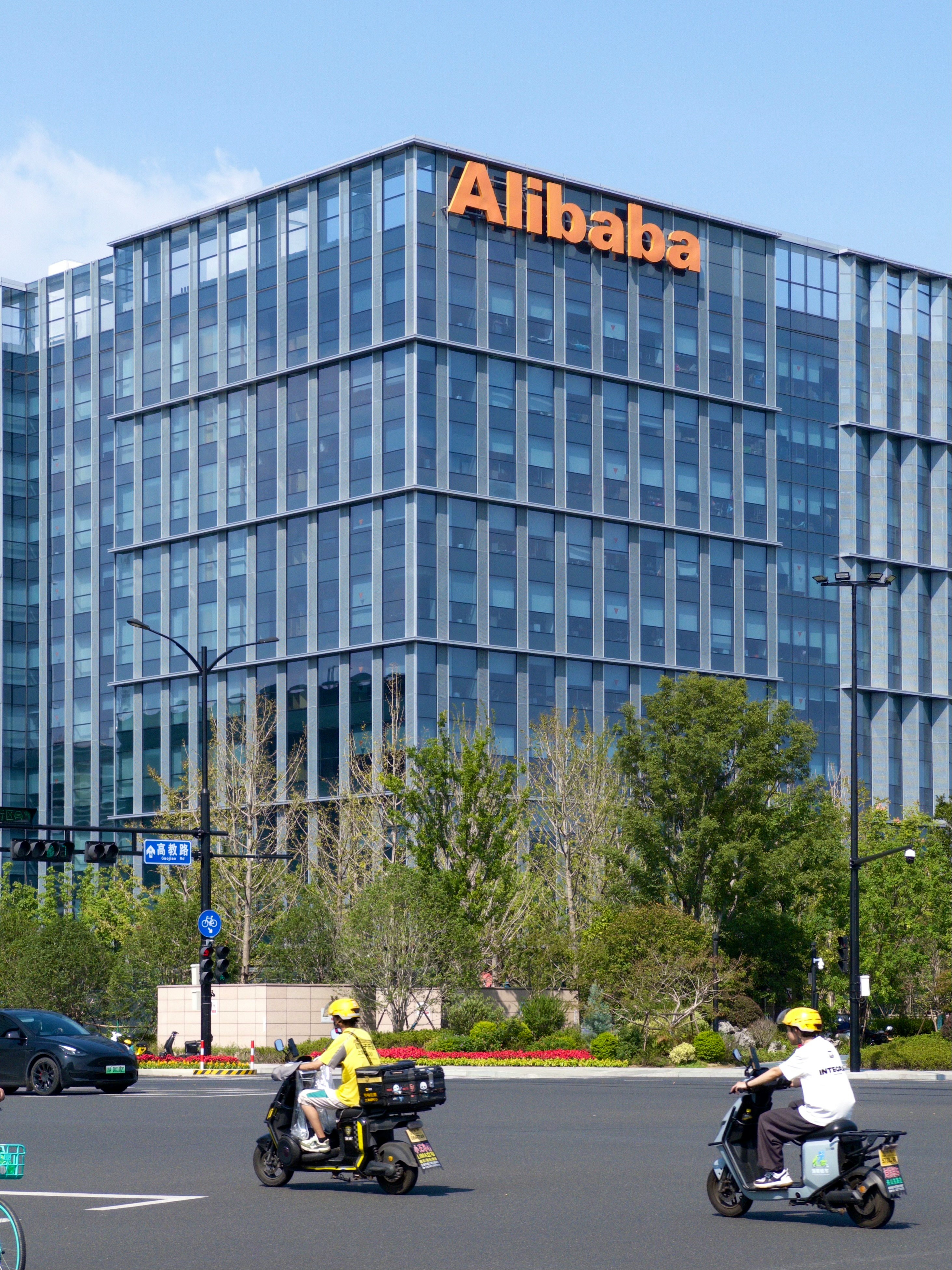Jack Ma And China's Tech Elite Meet Xi: A New Era For Business In China?

In a surprising turn of events, Chinese President Xi Jinping recently held a meeting with some of the country’s most prominent tech leaders, including Alibaba’s co-founder Jack Ma. This high-profile gathering comes after years of regulatory crackdowns on the private sector that rattled China’s business landscape. As the government seeks to revitalize the economy, the meeting has raised critical questions: Is this a sign of a policy shift? What does it mean for China’s business environment and the future of its tech giants?
Background: The Rise and Crackdown on Big Tech
Over the past two decades, China’s technology industry has grown into a global powerhouse, with companies like Alibaba, Tencent, and ByteDance leading the way in e-commerce, social media, and artificial intelligence. However, the government’s increasing concerns over monopolistic behavior, data security, and financial risks led to a sweeping crackdown starting in 2020.
Regulatory actions included record-breaking fines, increased scrutiny on fintech operations, and limits on data collection. Alibaba and Ant Group, Jack Ma’s companies, were particularly targeted, resulting in Ma stepping back from public life. These measures significantly impacted business confidence, foreign investment, and China’s economic momentum.
Xi’s Meeting with Tech Leaders: Key Takeaways
The recent meeting between Xi and China’s top business figures signals a possible recalibration of Beijing’s approach to the private sector. Jack Ma’s presence at the event was especially noteworthy given his prolonged absence from the public eye. Other key attendees included executives from Tencent, Baidu, and other major players in China’s technology ecosystem.
Discussions reportedly centered around economic revitalization, fostering innovation, and reinforcing government support for the private sector. Xi emphasized the importance of private businesses in driving China’s economic recovery, indicating a potential easing of regulatory pressures to encourage growth and investment.
Implications for China’s Business Environment
For the Tech Industry:
If this meeting marks a genuine shift in policy, China’s tech firms may experience greater regulatory flexibility, renewed access to capital, and fresh opportunities for expansion. However, skepticism remains over whether this is a lasting change or a short-term adjustment to boost economic confidence.
For Foreign Investors:
The meeting could help restore faith in China’s business environment. Over the past few years, regulatory uncertainty has caused hesitancy among foreign investors. A more supportive stance toward private enterprises may lead to renewed interest in Chinese tech stocks and venture capital investment.
For Innovation and Startups:
China’s tech startups have faced significant headwinds due to the government’s tightening grip on data privacy and competition laws. A more open business climate could foster a resurgence in entrepreneurship, particularly in high-tech industries like AI, green energy, and semiconductors.
Challenges and Uncertainties Ahead
Despite the positive signals from this meeting, uncertainties persist:
Balancing Growth and Control: While Beijing may ease some restrictions, it is unlikely to relinquish control over the tech sector entirely. The government will still seek to regulate data security, online content, and financial services.
Long-Term Policy Stability: The risk of renewed crackdowns remains. If economic conditions improve, regulatory scrutiny could return, keeping businesses and investors cautious.
Global Competitive Landscape: With growing geopolitical tensions, particularly between China and the U.S., tech companies may face additional hurdles related to global trade policies, chip shortages, and access to foreign markets.
Conclusion
Xi Jinping’s meeting with Jack Ma and China’s tech elite represents a significant moment in the evolving relationship between the government and the private sector. While it suggests a potential shift in economic policy, questions remain about the longevity of this approach.
Whether this signals a true new era for business in China or a temporary economic strategy will depend on how the government follows through with policy changes in the coming months. As China navigates economic recovery, tech firms, investors, and entrepreneurs will be watching closely for concrete actions that back up the rhetoric of renewed support for private enterprise.
Author: Brett Hurll
From Chip War To Cloud War: The Next Frontier In Global Tech Competition
The global chip war, characterized by intense competition among nations and corporations for supremacy in semiconductor ... Read more
The High Stakes Of Tech Regulation: Security Risks And Market Dynamics
The influence of tech giants in the global economy continues to grow, raising crucial questions about how to balance sec... Read more
The Tyranny Of Instagram Interiors: Why It's Time To Break Free From Algorithm-Driven Aesthetics
Instagram has become a dominant force in shaping interior design trends, offering a seemingly endless stream of inspirat... Read more
The Data Crunch In AI: Strategies For Sustainability
Exploring solutions to the imminent exhaustion of internet data for AI training.As the artificial intelligence (AI) indu... Read more
Google Abandons Four-Year Effort To Remove Cookies From Chrome Browser
After four years of dedicated effort, Google has decided to abandon its plan to remove third-party cookies from its Chro... Read more
LinkedIn Embraces AI And Gamification To Drive User Engagement And Revenue
In an effort to tackle slowing revenue growth and enhance user engagement, LinkedIn is turning to artificial intelligenc... Read more

